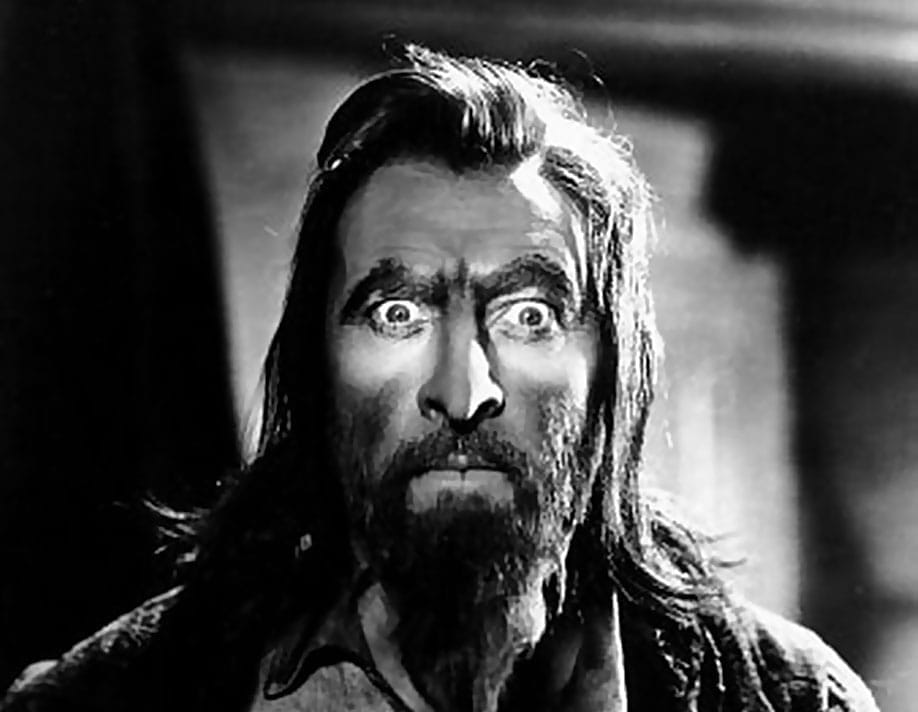Stop calling Cummings a 'svengali' – and not just because it's an antisemitic trope
We’re raging against the man, not the machine.

Spread thickly over the warm Bank Holiday weekend, the details of government advisor Dominic Cummings’ lockdown infractions and excuses have churned through the British news cycle. In a rare moment of unity, the press almost unanimously condemned the prime minister’s advisor: on Tuesday, the Daily Mail and Daily Mirror published almost identical headlines, reflecting the furious consensus of a febrile public in its third month of lockdown. The Mail, in a rare turn against the Conservatives, decried Johnson’s decision to stand by the “No.10 svengali”, and fumed the next day when “Boris’s defiant svengali” was still in post.
In its common usage, the term “svengali” befits Cummings, a sinister string-puller operating behind the scenes. Yet its origins – in George du Maurier’s 1895 novel Trilby (the same that gave us the hat) – ought to make us question its use. In the book, du Maurier’s eponymous protagonist is manipulated into becoming a singer by the mesmerism of Svengali, a Jewish music teacher. Described as “shabby and dirty” with a “mongrel canine snarl”, du Maurier’s characterisation of this “Oriental Israelite Hebrew Jew” is riddled with antisemitic stereotypes of Jewish degeneracy and power hunger. When the terrified Trilby refuses his singing instruction, he puts her in a trance, forces his voice into her mouth and sings through her to the adoring crowds. Thus the shadowy puppet-master “svengali” was born – and lives on over a century later.
Evidently, Cummings is not a victim of antisemitism. Yet even when abstracted from Jews, the svengali, trafficking as it does in racialised caricatures, reinscribes an antisemitic worldview into social discourse. Of course, it isn’t the only word to do so; “cabal” derives from Kabbalah.
The problem with painting Cummings as a svengali figure extends beyond the term’s questionable etymology, however. The breathless fixation of tabloid media on malign actors obscures the political environment in which these actors operate. This obfuscation lends itself to antisemitism: the Rothschilds’ fortune excites far more revulsion than the capitalist architecture that has enabled them to accumulate it. A 2018 story in the Express illustrates this well. Insisting upon the Rothschilds’ enduring political influence, the piece rehearses the familiar claim that the Rothschilds “financed the wars that have savaged Europe over the last 200 years” – and in so doing, lays decades of international conflict at the door of a single (Jewish) family. The paper makes a spectacle of the Rothschilds, erasing the systems that sustained them. Hate the bankers, urges the Express, and forget about the banks.
In this moment, too, it is in the tabloids’ interest to make one person the subject of public rage. This way, once the scapegoat is slaughtered, the social order can be restored. It’s the same instinct that led the Tories to blaming the grief-stricken public for not staying sufficiently alert, just as they castigated the victims of Grenfell Tower for their lack of “common sense”. This individualisation of the coronavirus crisis is a win-win for the tabloid press – supplied with an endless carousel of hate figures with which to sell newspapers – and Tory frontbench – which can attribute failures of policy to personal indiscretion.
Dominic Cummings has treated the public with contempt. In this he is not exceptional, but the product of a political system. If Cummings believes, as his actions indicate he does, that he deserves special treatment, it is because he is supported by a scaffolding of privilege that makes him likely not only to evade consequences for his actions, but to have an easier ride in life in general; indeed, to live a decade longer than his poorer compatriots. Cummings is but the latest example of how the pandemic has made existing inequalities more visible and acute: Black people in England and Wales are four times more likely to die from Covid-19 than white people; 61 per cent of health workers who have died from coronavirus are BAME; and BAME doctors report pressure to work without sufficient PPE at almost twice the rate of their white counterparts. The continued effects of austerity – on health outcomes, public space, social care, domestic violence provision, benefits and much else – are exacerbating the effects of coronavirus on the most marginalised in society. Cummings’ spectacular elusion of justice should infuriate us, but not blind us to the more serious failings of the government he serves. Vanquishing the svengali is insufficient. Unless we see through this archetype to the full technology of oppression, we risk watching new actors step into the role to perform the same old tricks. ▼
Anya Metzer has studied gender, pathology and Victorian social thought in English literature, and now works in international development.




